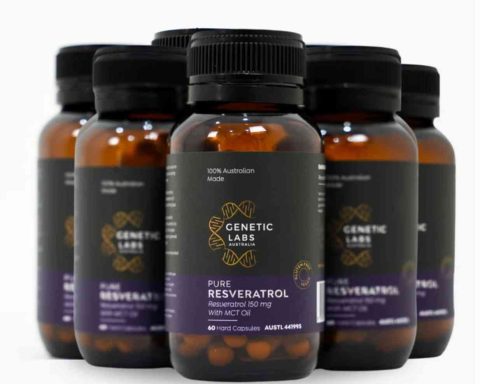For many women, the menstrual cycle experience can be uncomfortable, painful, and disruptive to daily life. Menstrual cramps, bloating, mood swings, and other symptoms can make it difficult to focus, work, or even engage in everyday activities. While over-the-counter pain medications can provide temporary relief, they don’t address the root causes of menstrual discomfort. That’s where natural period pain relief supplements come in.
This article will discuss why supplements can be a game-changer for your menstrual cycle and how they can help support a healthier, more comfortable experience.
Understanding Menstrual Health
To understand how supplements can support menstrual health, it’s important to understand the basics. The menstrual cycle is a complex process involving hormonal changes that prepare the body for pregnancy. The uterus sheds its lining if pregnancy does not occur, resulting in a period. Common menstrual symptoms include cramping, bloating, fatigue, mood swings, and headaches.
While some degree of discomfort during menstruation is normal, severe or persistent symptoms can indicate an underlying issue that requires medical attention. Conditions like endometriosis, fibroids, and polycystic ovary syndrome (PCOS) can cause painful or irregular periods and may require a more targeted approach to treatment.
How Supplements Can Support Menstrual Health
Supplements can play a key role in supporting menstrual health by providing the nutrients needed to maintain a healthy hormonal balance. For example, vitamin B6 is important for the production of serotonin, a neurotransmitter that can help regulate mood and alleviate symptoms of premenstrual syndrome (PMS). Zinc is another important nutrient that supports hormone production and can help reduce inflammation, contributing to menstrual discomfort.
In addition to vitamins and minerals, antioxidants like vitamin E, vitamin C, and beta-carotene can help reduce inflammation and oxidative stress in the body. These compounds are found in fruits and vegetables but may be difficult to obtain in sufficient amounts through diet alone.
Common Types of Supplements for Menstrual Health
Many supplements, including vitamins, minerals, herbs, and probiotics, can benefit menstrual health. Some of the most commonly recommended supplements include:
- Magnesium: This mineral is important for muscle and nerve function and can help alleviate menstrual cramps.
- Omega-3 fatty acids: These healthy fats have been shown to reduce inflammation and improve mood, making them a helpful supplement for menstrual health.
- Turmeric: This spice is anti-inflammatory and may help alleviate menstrual pain and discomfort.
- Evening primrose oil: This herb contains gamma-linolenic acid (GLA), an omega-6 fatty acid that can help balance hormones and reduce inflammation.
When to Consider Taking Supplements
Supplements can be a helpful tool for supporting menstrual health, but they should not be used as a replacement for a healthy diet and lifestyle. Instead, supplements can be used as a complementary tool to support menstrual health and alleviate symptoms.
If you experience severe or persistent menstrual symptoms or a condition like PCOS that affects your menstrual cycle, it’s important to talk to a healthcare provider before starting any new supplement regimen. They can help you determine which supplements may be most helpful for your needs and monitor you for any potential side effects.
Conclusion
Natural period pain relief supplements can be a game-changer for menstrual health, providing the nutrients and support needed to maintain a healthy hormonal balance. Working with a healthcare provider to identify the right supplements for your needs can help alleviate menstrual discomfort and support a healthier, more comfortable cycle.






